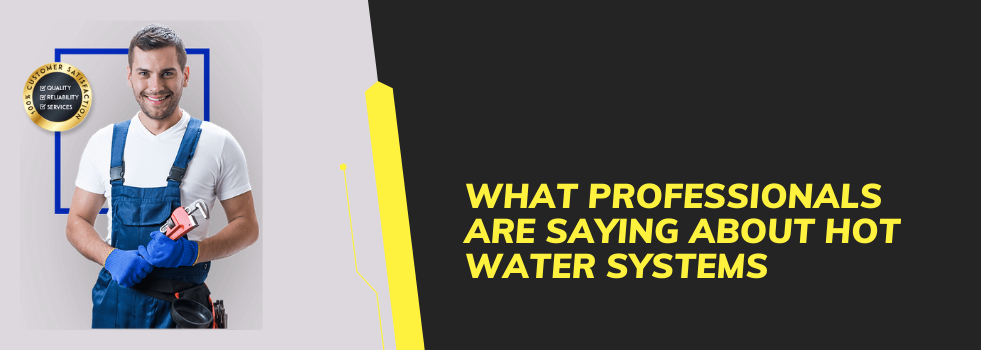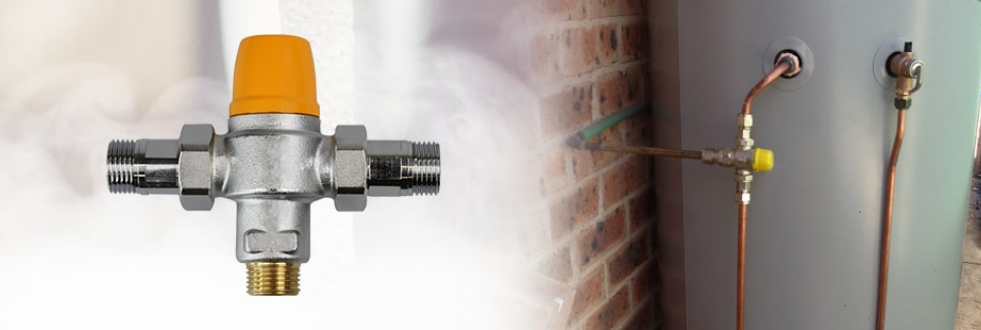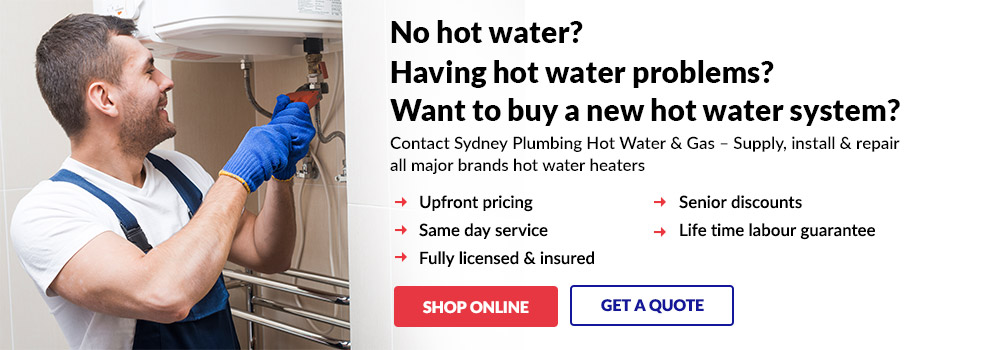A hot water system is an essential appliance for every household, and in the winter season, it witnesses high usage. Besides, we long for a hot water bath to relax and soothe our bodies after a long and hectic day at work! Moreover, you’ll get a good night’s sleep after taking a hot water shower. Here we will uncover experts perspectives about hot water systems.
Select the Right Hot Water System Size!
Before purchasing your new water heating system, you need to know what size will be perfect for your needs. If you’re looking at a storage tank or solar-powered hot water system, you’ll need to get the size sufficient for all the family members living in your household. What will happen if you end up purchasing a much bigger water heating system for storage tanks or solar-powered types of hot water systems? It will cost you a lot more as it will only heat and store water that you won’t use. And if you buy a hot water system a size that is smaller than your household’s requirements, then you’ll run out of hot water frequently. If you opt for a continuous or tank-less hot water system, you only need to consider the number of water outlets you want to connect to your instant water heating system.
Select Water Heater for Your Households Requirements!
A diverse range of water heating systems is available on the market today. It includes storage and tank-less water heaters and instantaneous water heaters, such as electric, gas, heat pump, solar and more.
How to select the perfect water heater for your household from the available choices?
If you want to save on space and energy consumption, opt for a tank-less water heater, referred to as an instantaneous or on-demand water heater. Tank-less water heaters don’t occupy space that tanks or storage hot water systems do.
- Tankless Water Heater: Instantaneous or on-demand water heaters are best suited for small families or households with fewer members. Besides, you can connect the heater straight to a pipe positioned in your bathroom if you would like it. It is effortless to use, all you have to do is turn on the tap, and you’ll get hot water within seconds.
- Water Tanks & Storage Systems: Water heating systems that come with storage tanks, the heated water will get stored in an insulated tank for future use. The water heating system will use pressure now and then – to continuously supply water to all fixtures in the house.
These are the two major water heating systems; you can choose them with a different energy source, such as electric, gas or solar, whichever best meets your requirements and is budget-friendly.
Position Your Water Heating System Away from Flammable Materials & Disorderliness
Experts recommend installing or positioning your water heating system away from flammable materials or leave a minimum of half a meter to one meter distance between them for safety. Regular inspection and maintenance of your water heating system are advisable. Always keep the area around your water heating system clean and clutter-free. When your water heating system is heating water for you, things spread around might heat up with it and cause a fire. Many homeowners do not know that flammable materials and clutter near or around the hot water system are the biggest menaces that cause fire hazards in households.
Positioning of Your Hot Water System is Vital
For all water heating systems, be it storage tank or tank-less, installing them near the hot taps in your home is advisable. It will make your hot water system more responsive as the water travel less. Besides, it will save your water and energy costs. If you opt for a tank-less hot water system, you can place it externally (outside your bathroom or kitchen) or internally (within your kitchen or bathroom). However, a heat pump is an exception as it requires continuous airflow.
It Is Crucial to Set Your Water Heater’s Temperature
It is advisable to install a tempering valve to ensure that the water coming out of the taps is at a safer temperature of 50°C. A pleasant 50°C will significantly minimise the hazard of harm from hot water, but there are exceptions to this –
- Facilities such as nursing homes that take care of the disabled, aged, sick or children will also need a thermostatic mixing valve to set the water heating system at 45°C.
- Schools and early childhood need a thermostatic mixing valve to set the water heating system at 45°C.
- Conversely, certain areas of your home, such as the kitchen or the laundry room, may require a water heating system set at a higher temperature at 60°C for enabling some of your home appliances such as dishwashers and washing machines to operate efficiently.
Professional Inspection for Your Hot Water System
Hiring a professional only when the water heating system gets hard to repair, cost of repairs is nearly the same as purchasing a brand new one wherein crucial parts of your hot water system would require a replacement. Thus, it is advisable to call a hot water service specialist to inspect your water heating system every couple of years or so – it will save you money and avert possible accidents from occurring.
Final Words
It is advisable to invest only in a high-quality hot water system of a known brand. Well, no one wants to purchase a water heating system that stops operating after a couple of years. Therefore, it is prudent to invest in a high-quality hot water system, and the good news is you can get them within your budget nowadays. Besides, it will save you money in the long run, as it will be an energy-efficient system and would require minimal repairs or parts replacement provided a routine inspection and maintenance regime followed.

 0402 487 444
0402 487 444








